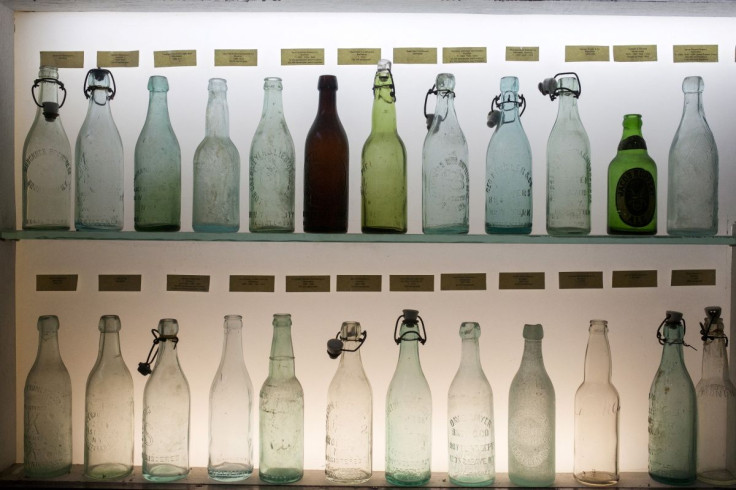Treasury Wants To Stir Up U.S. Alcohol Market To Help Smaller Players

The U.S. Treasury Department on Wednesday flagged concerns about consolidation in the $250 billion annual U.S. alcohol market and outlined reforms it said could boost competition and save consumers hundreds of millions of dollars each year.
New merger and acquisition scrutiny, different tax rates and lifting regulatory burdens to new entrants in the wine, beer and spirits market would make the market fairer for new brewers and cheaper for consumers, Treasury said in a 63-page paper.
The long-awaited report is part of a July executive order on competitiveness. Its focus on the beer industry, in particular, marks the latest push by the Biden administration to fight what it calls excess consolidation in industries from meatpacking to shipping.
Treasury, responding to over 800 public comments on the issue, suggested stiffer Department of Justice and Federal Trade Commission oversight, tougher enforcement of existing rules and development of new ones in the report, which was first reported by Reuters.
"American consumers, small business owners, entrepreneurs, and workers should not have to suffer under the thumb of a highly concentrated beer industry," said Assistant Attorney General Jonathan Kanter. "Enforcement and regulatory authorities should have the courage to learn and the fortitude necessary to enforce the law and protect competition."
The U.S. market for beer, wine and spirits has spawned thousands of new breweries, wineries and distilleries over the past decade.
But a web of complicated state and federal regulations, some dating back to the end of Prohibition in 1933, coupled with "exclusionary behavior" by massive producers, distributors and retailers means small entrants can struggle to compete and flourish, U.S. officials said.
"We're determined to protect what has been a successful, vibrant industry with a lot of small businesses entering it," while tackling issues that "lead to excessive prices for consumers," said one senior U.S. official.
The two largest brewers selling beer in the United States - Anheuser Busch InBev and Molson Coors - account for 65% of U.S. beer revenues.
The Beer Institute, which represents those two companies and other brewers, said it was disappointed by what it called a "mischaracterization" of the beer industry and said beer prices had remained low despite rising inflation and a drop in demand.
But the American Craft Spirits Association welcomed the report's focus on the concerns of small independent distilleries, and said it should spark "a fresh look at antiquated alcohol laws that are working against small businesses and curtailing access to our products."
The report cited studies that showed so-called "post and hold" laws, which restrict price competition, mean beer consumers alone pay $487 million more a year than they should, could drive up the cost of a bottle of wine by up to 18% and a bottle of spirits by over 30%.
The DOJ and FTC, who share the work of antitrust enforcement, should take a closer look at proposed acquisitions of smaller players by bigger ones, Treasury said, noting that price benefits promised in past deals had failed to materialize.
The report also called for the Treasury Department's Alcohol and Tobacco Tax and Trade Bureau (TTB) to change labeling rules to protect public health and to limit the impact of lobbying. As of 2017, alcohol companies reported 303 lobbyists in Washington.
U.S. states - which control the bulk of oversight - should examine the anticompetitive impact of regulations and franchise rules on small producers, Treasury said.
© Copyright Thomson Reuters 2024. All rights reserved.




















